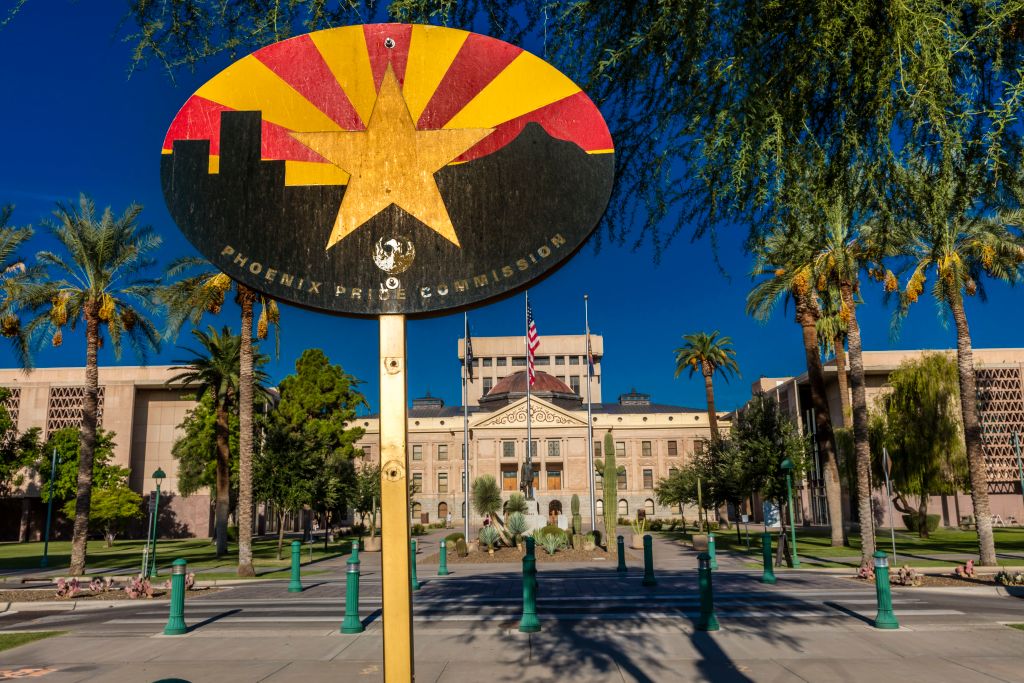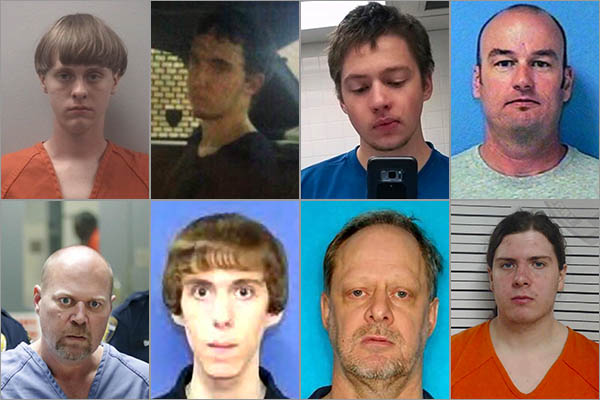
Source: Joe Sohm/Visions of America / Getty
Arizona Gov. Doug Ducey signed a bill on Wednesday that will make it illegal to record law enforcement at close-range.
MORE: Tempe Police Rescued Drowning Dog Weeks Before Refusing To Save Black Man Dying In Lake
House Bill 2319 states that anyone recording police within 8 feet of law enforcement activity could be subject to a misdemeanor charge if bystanders continue to record after receiving a verbal warning from officers.
The law comes with a few exceptions. Any individuals who are directly interacting with police, or in an enclosed structure on private property would be allowed under the law to film police within 8 feet. Also, occupants of a vehicle stopped by police can record officers involved in the traffic stop as long as it doesn’t interfere with police actions.
HB 2319, which was passed by the Arizona House in February, initially prohibited anyone from recording police within 15 feet of law enforcement activity but was also amended amid concerns it would be unconstitutional. Allowing people in vehicles stopped by police to record their interactions was also amended into the bill before it passed in the house.
Even with the amendments, some experts are still concerned that the law could be violating people’s First Amendment rights, which protect freedom of speech, the press, assembly, and the right to petition the Government for a redress of grievances.
In an interview with AZ Central, ACLU of Arizona Communications Director, Marcela Taracena, stressed the importance of bystanders having the right to film the police.
“As several federal courts have affirmed, people have the First Amendment right to record police officers while they carry out their duties — and the ability to record police interactions has become an important tool to ensure police accountability and transparency,” she told the publication.
Several Arizona media outlets have also opposed the bill in a letter from the National Press Photographers Association. The letter said the bill, “violated the free speech and press clauses of the First Amendment as well as the ‘clearly established right’ to photograph and record police officers performing their official duties in a public place.”
Regardless of opposition, the bill is now officially law and will go into effect on Sept. 24.
The camera phone has become one of the most important tools in exposing police brutality and misconduct. Sometimes it’s the only thing that seems to lead to any form of justice. Without it, George Floyd’s killer might still be in uniform, instead of in a prison cell.
SEE ALSO:
Arizona Cops Refused To Save Black Man Drowning, Transcripts Show: ‘I’m Not Jumping In After You’

